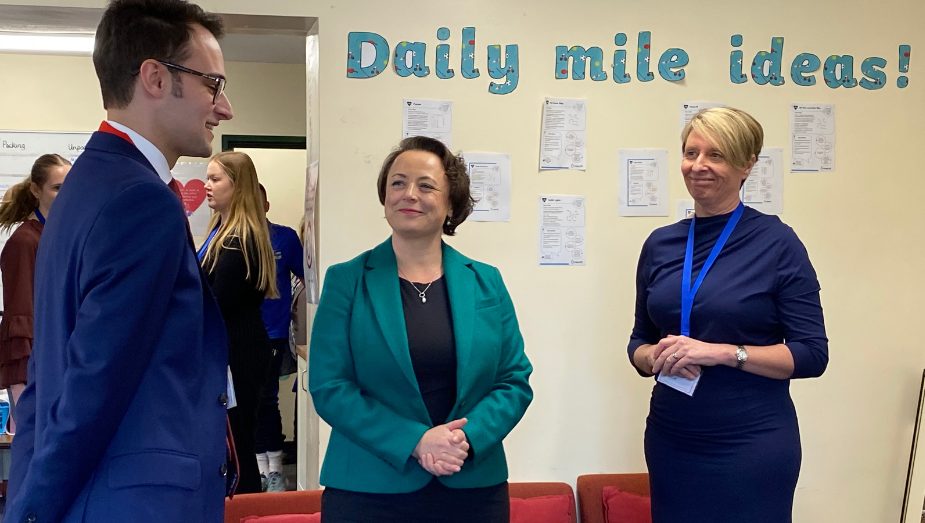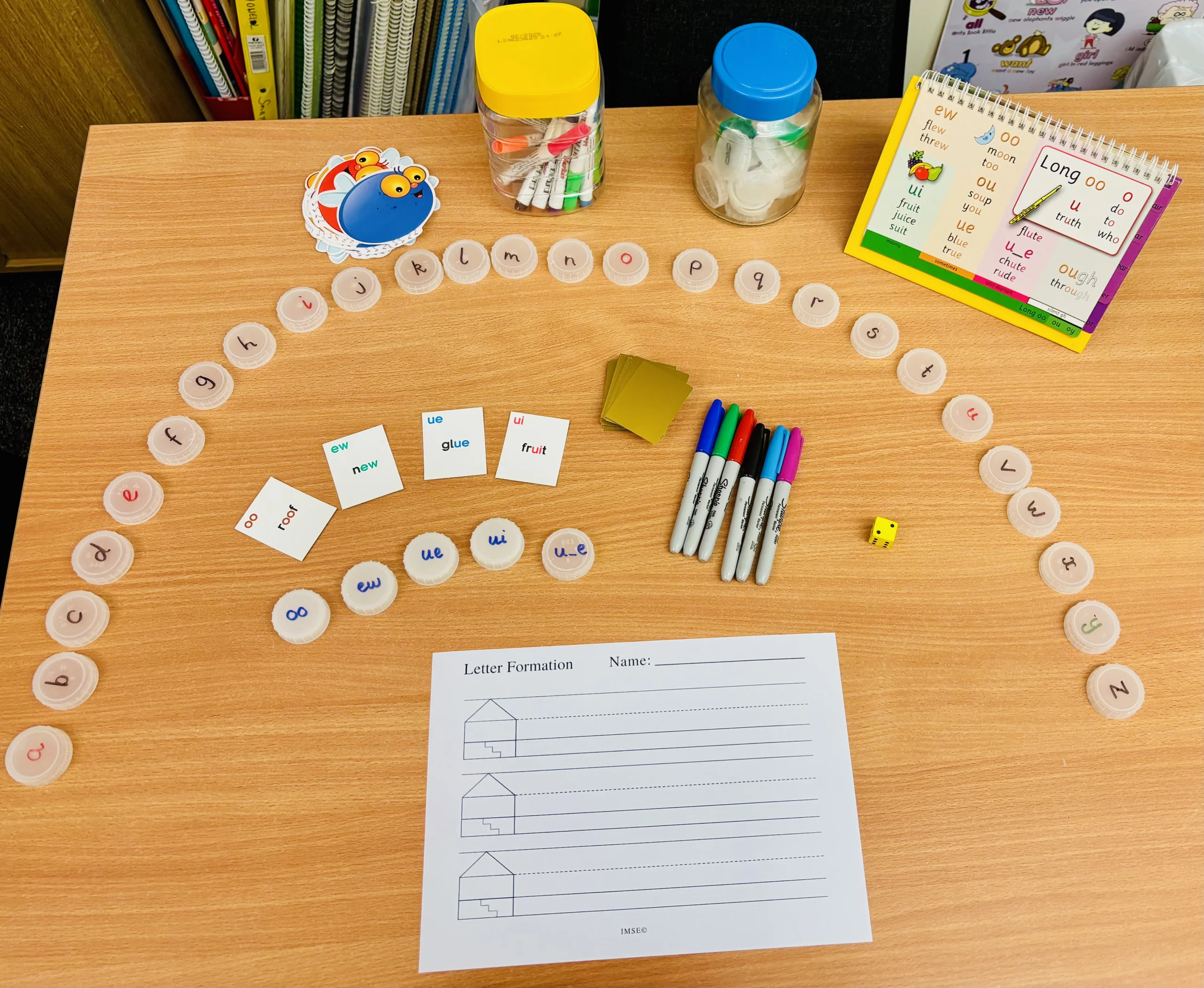Admin |
October 30, 2019
Dr Richard Lewis is an experienced Educational, Community and Child Psychologist, having worked for many years in Surrey, as well as lecturing on the Tavistock & Portman doctoral training programme. We were delighted when he recently joined Real Group as a professional and academic lead.
In the latest issue of the International Journal of Nurture in Education, Richard and research partner Dr Amy Gibb investigate how nurture group practitioners make sense of their relationship with the nurture group child. Through interviews with the practitioners they interrogated the development path of the relationship; what enables a relationship to form, as well as the related challenges.
What formed from the analysis of these interviews was that there is an emergent journey that develops through a process of an anxious period of ‘getting to know each other’, or ‘beginnings’ as Gibb and Lewis put it, through gaining an understanding of the child and beginning to meet the child’s needs, to trust, and eventually, a close relationship.
The study is also careful to highlight the challenges that are faced by practitioners, such as the child’s behaviour making it difficult to facilitate change for the child. This creates a barrier to the formation of a connection between the child and the practitioner. Revealingly, the research also points out the importance of support for the practitioner, in response to the heavy emotional load they carry.
The implications of the study, the authors point out, are for training and development of nurture group practitioners; to inform them how to create successful relationships and manage the challenges that they face. The links to the psychodynamic and attachment theories can improve the theoretical understanding of the process. Additionally, the findings can help ensure that sufficient supportive structures are in place to help the practitioners manage the emotional load. If you would like to learn more about this research, view this PDF for the full, published paper.





What do you think?